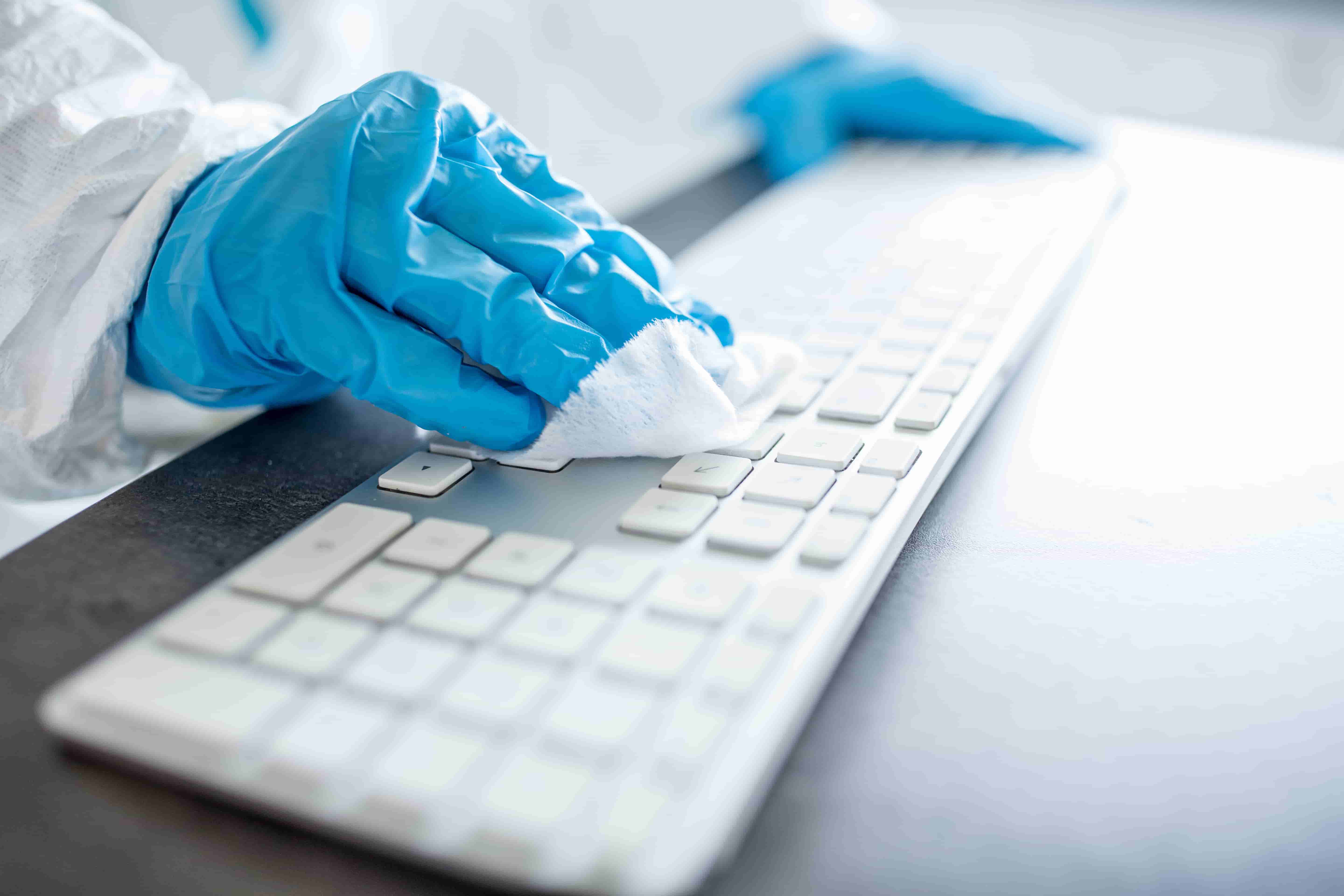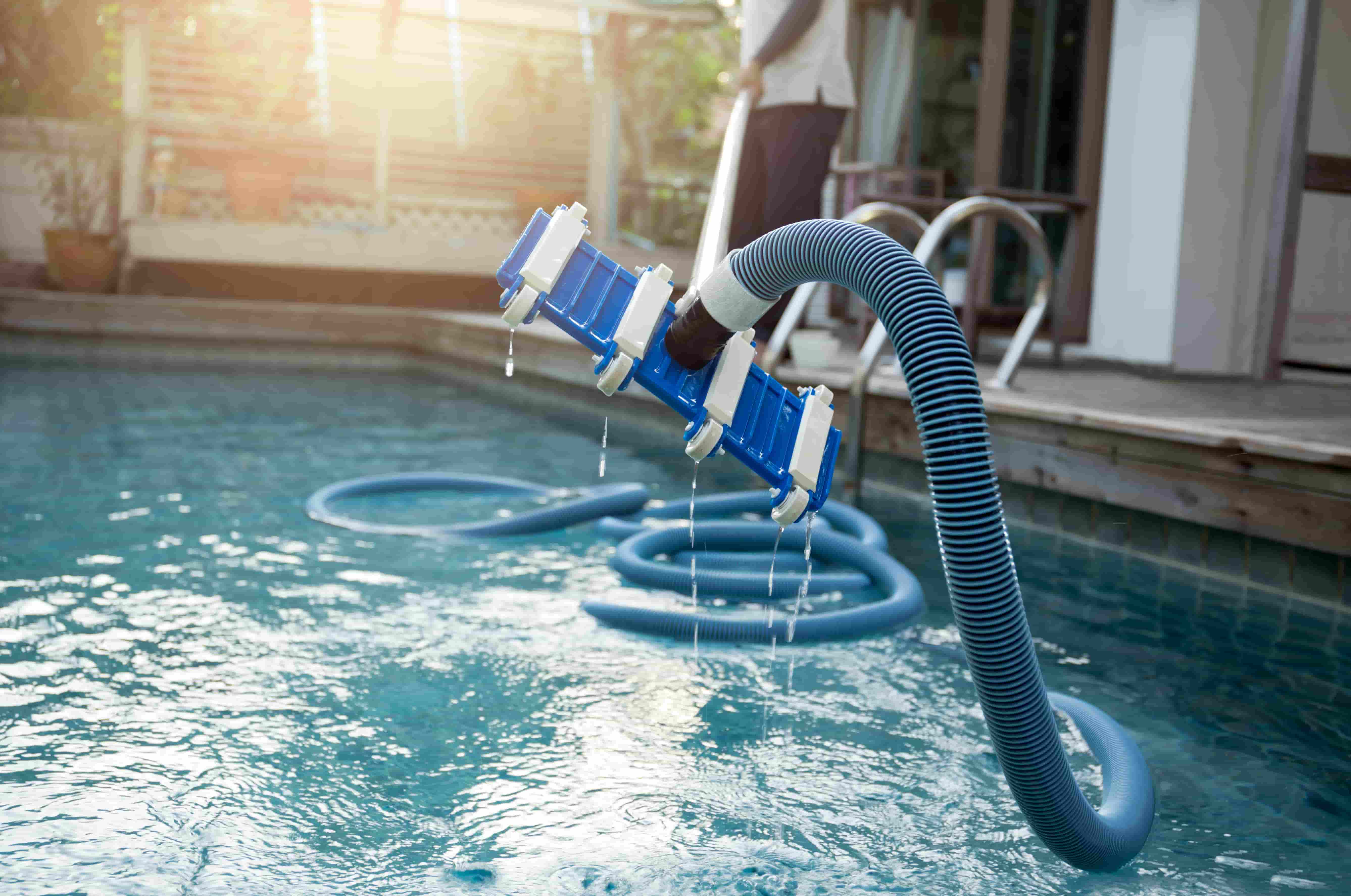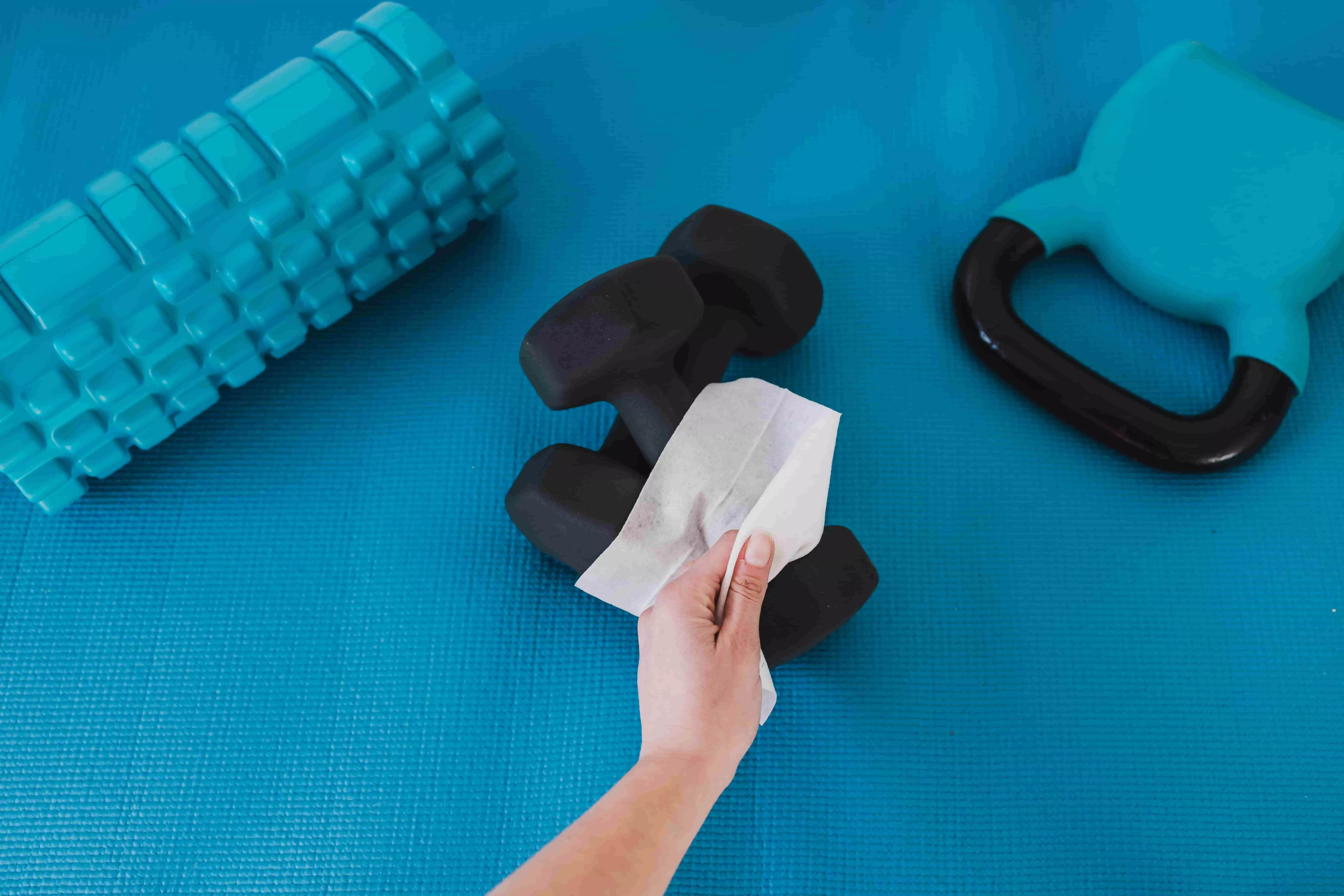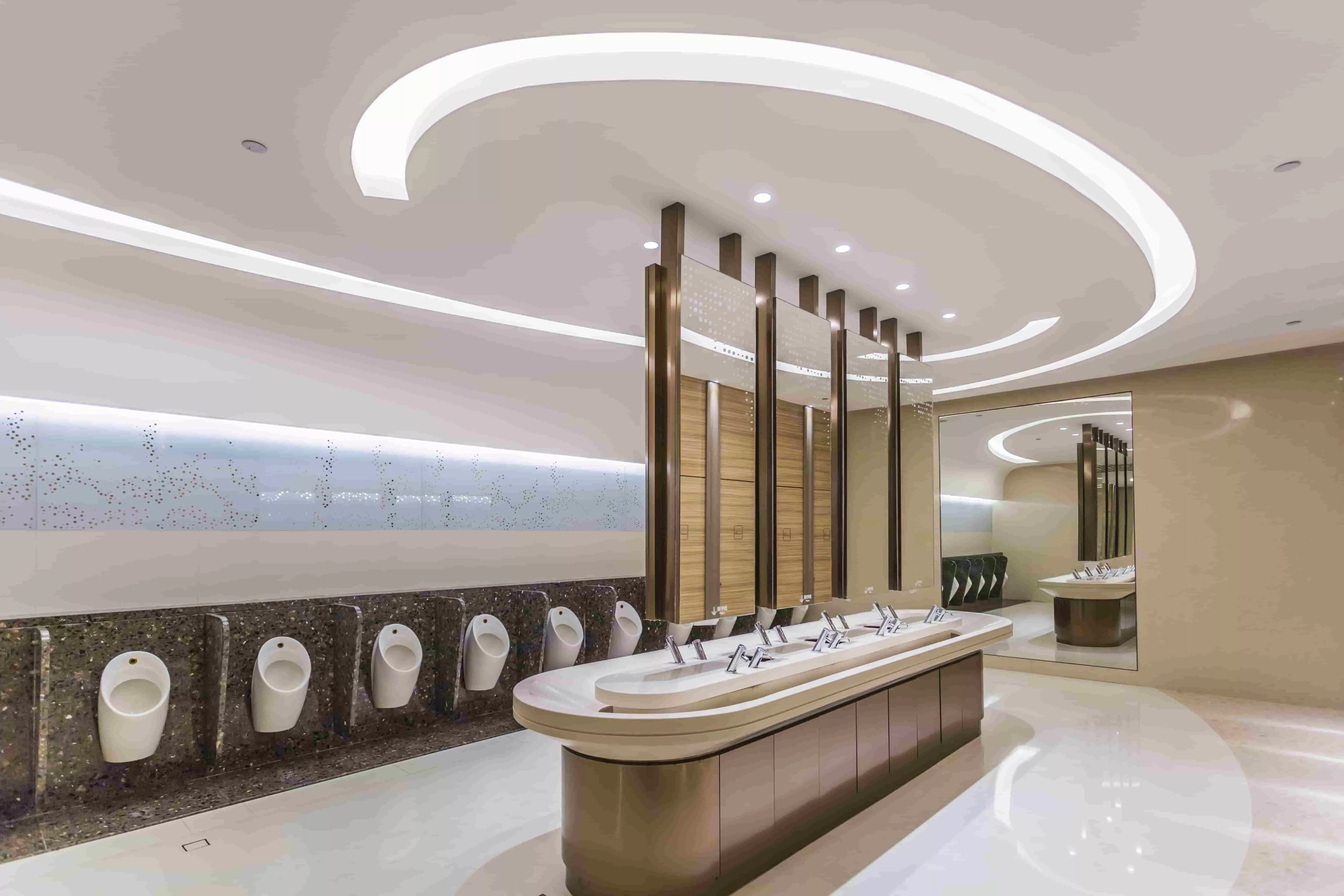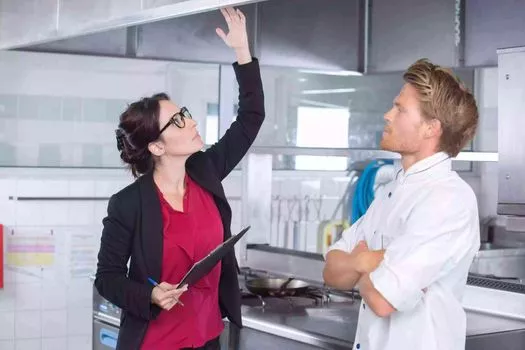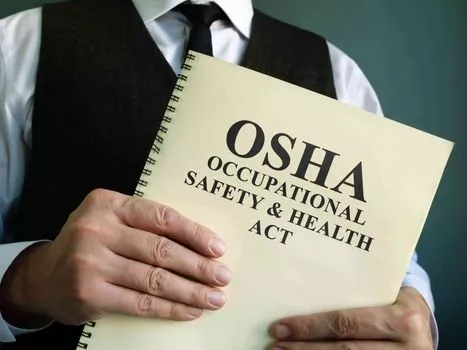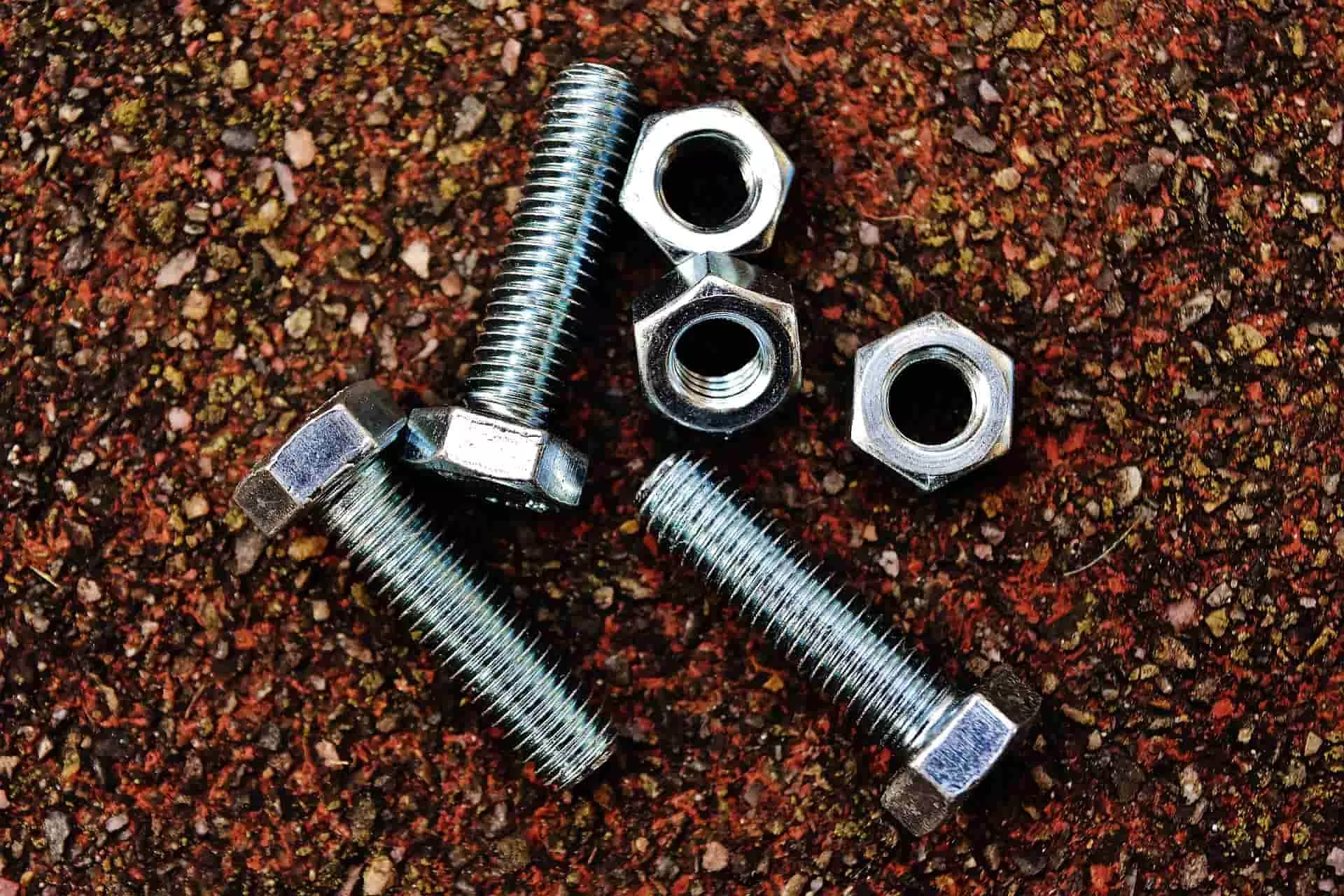How to Prepare Your Restaurant for a Health Inspection
How to Prepare Your Restaurant for a Health Inspection
Restaurant inspections are often an unwelcome disruption to daily operations. As restaurant inspections are unannounced, the sudden arrival of an inspector can cause unrelieved anxiety in the minds of restaurant owners and managers.
Nonetheless, regular health inspections play a key role in the prevention of foodborne illness. A food safety report published by CheckIt revealed that 66 percent of people are not willing to revisit restaurants with bad food hygiene. Findings also showed that 75 percent of people will not revisit a restaurant that has been implicated in a hygiene or food poisoning incident unless the establishment has since changed ownership.
While you may not be able to control when the health inspector shows up, you can prepare for his arrival.
Know What Inspectors Look For
Health inspectors look for certain red flags when searching a restaurant. These may include:
- Uncovered stored foods
- Hazardous foods left in the open
- Storing cleaning products near food
- Employees that do not wear gloves
- Inappropriate containers
- Storing raw ingredients under dripping meat
- No “use-by” dates on food labels
- Unkempt food handlers
- Lack of temperature control
- Signs of pets in the restaurant
- No temperature checking log
- Lack of general cleanliness
Health inspectors also want to know that managers and employees have a solid understanding of food safety protocols and guidelines. Restaurant owners are required to know and understand local health codes and staff must have up-to-date training on safe food handling and preparation.
Enforce Proper Food Safety Habits
In anticipation of an upcoming health inspection, staff may alter their habits to ensure that they pass. However, there is a chance that employees could fall into old habits once the inspection has been completed. It is important for management to enforce proper food safety habits year-round and to be as proactive as possible when it comes to meeting organization, cleanliness, and health standards.
Food safety guidelines are imperative to ensure the health of customers, develop safe hazard management protocols, and maximize the lifespan of food products. Encourage good habits in the restaurant, such as washing hands often, sanitizing surfaces, avoiding cross-contamination, and preparing and storing food at safe temperatures. Management should also pay attention to food recalls and take the proper precautions to prevent allergic reactions.
Follow a Daily Maintenance Schedule
Having a daily maintenance routine is critical in establishments where food is stored, cooked, and served. Preventive maintenance helps ensure that equipment remains in good running order and the building is kept up-to-code, including its lighting, plumbing, heating, and cooling systems.
Teach staff to perform daily checks on ovens, refrigerators, freezers, deep fryers, stoves, ranges, griddles, and stand mixers. Sinks should be cleaned and sanitized, faucets and knobs wiped down, and any food buildup in drains removed. Waste bin bags should be changed frequently, and the waste bins cleaned regularly.
Impose Personal Hygiene Rules for Staff
Personal hygiene is of the utmost importance in restaurant settings. Hands should be washed in a designated hand-washing sink and not one that is used for dishwashing or food prep.
Encourage employees to wash their hands for a full 20 seconds in hot water. Employees should maintain suitable nail lengths and cover any wounds or cuts on the skin. Have staff put on a new pair of single-use gloves before handling food and change them whenever they become torn or dirty.
Set Strict Guidelines for Serving Food
Restaurants that slack when it comes to serving customers will often find that it negatively affects the business. A study published by Business Wire found that 75 percent of consumers will not visit a restaurant with negative reviews concerning cleanliness. Approximately 60 percent of people read reviews before visiting a restaurant, according to OpenTable, which means good customer service is critical.
When serving customers, all tableware should be clean and sanitized. Never re-serve food that was previously served to another customer, even if it appears untouched. Ensure that any food waiting to be served is kept within safe temperatures at all times. When serving customers, waiting staff should never come in contact with the food. Train staff to hold dishes by the edges or bottom.
Ace Your Next Health Inspection
When consistently focused on food safety, sanitation, and maintenance, you can stay prepared for your next visit from a health inspector. You’ll feel less anxious about passing the inspection, your guests will remain healthy, and your business will thrive.



